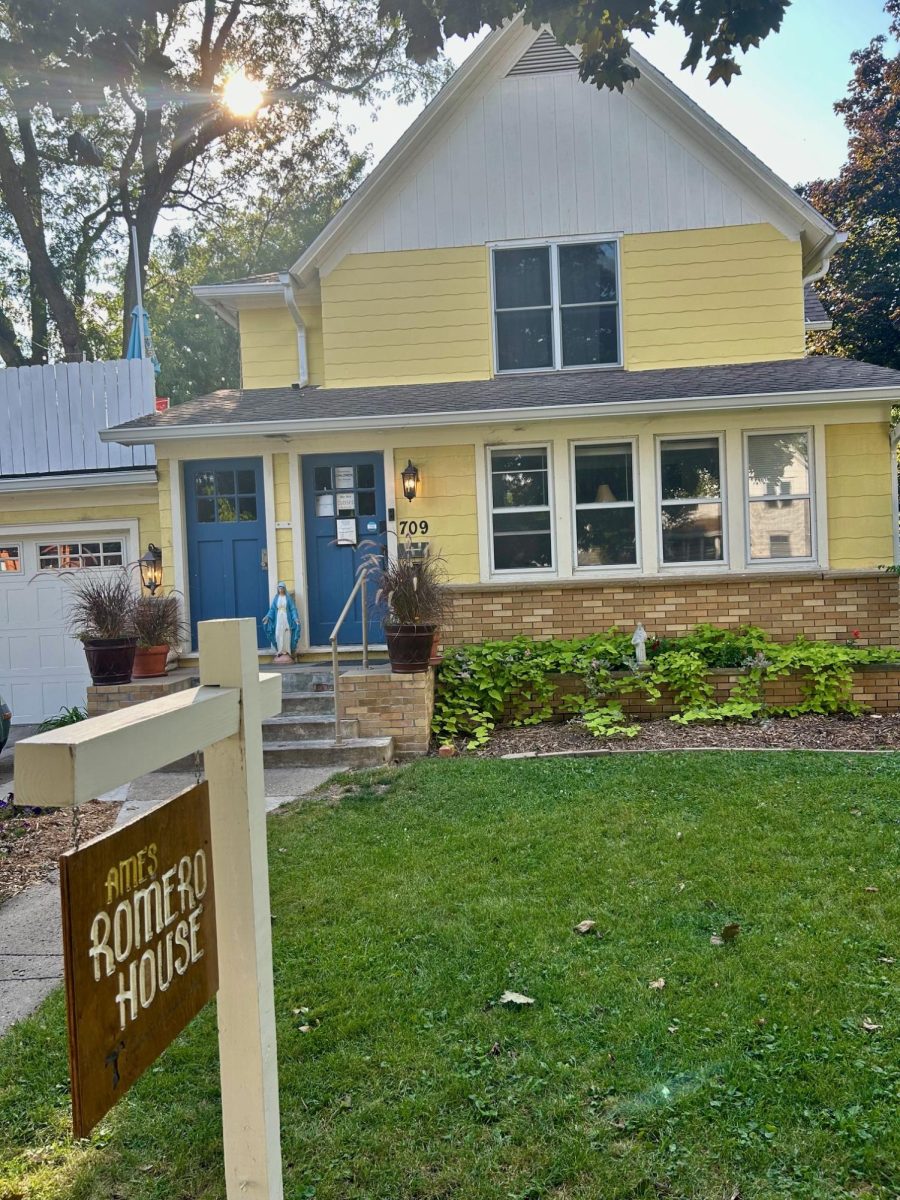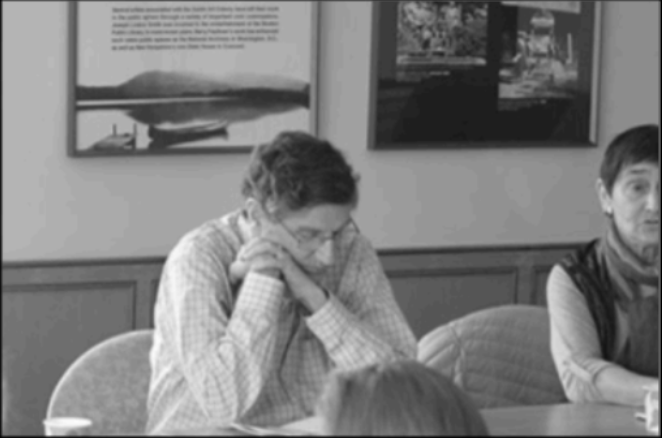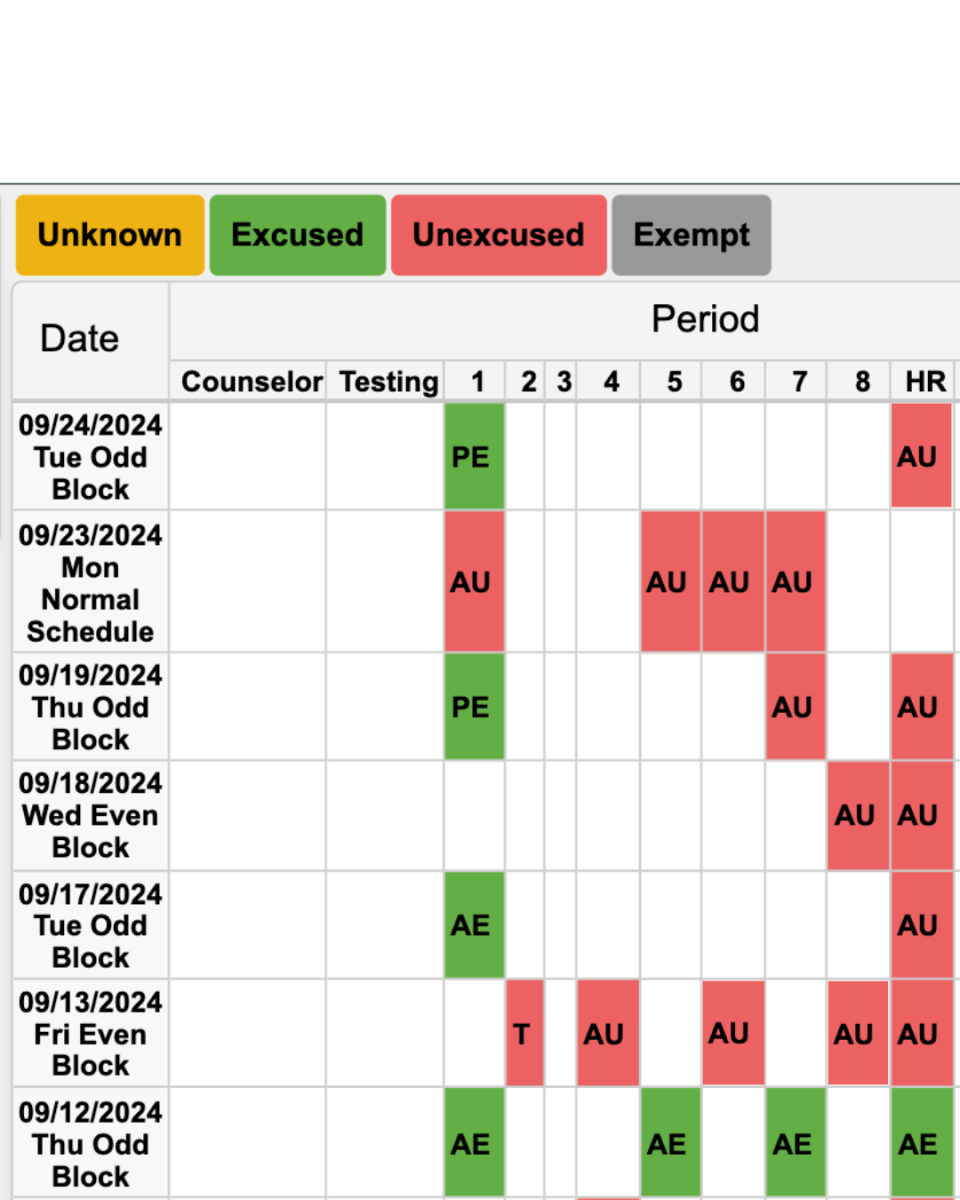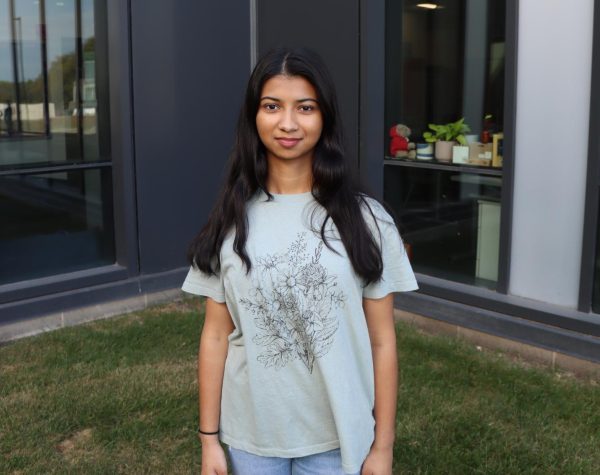For more than two years, clubs at Ames High have not been allowed to meet during school. This year will make a third. The implementation of RULER and stricter attendance policies at Ames High have made it so that clubs have no designated time to meet during the school day. “It’s devastating to all clubs. So many of our students have so many things going on. We’re trying to create ways for students to authentically engage with people with similar interests and passions, and now we don’t have a way to do it,” James Webb, an Ames High English teacher, said. “We’re kind of denying them the opportunity to form authentic connections, and have people around them that can care about them.”
Students often have numerous commitments outside of clubs, which often makes it difficult for them to attend meetings outside of school. For many, especially underclassmen, transportation is an issue. In some cases, this creates an inequitable environment where only those with access to transportation can engage in clubs.
For clubs that meet in the morning, participation is at an all-time low.
“When we have morning meetings, there are [often] only two people there,” Veer Patel, a senior at Ames High and treasurer for Student Council, said. “Even when we have Google Classrooms filled with people, they’re just not able to come to the meetings.”
After-school clubs have fared slightly better, but the issue persists. For Art Club specifically, having to integrate Art Club with National Art Honor Society (NAHS) has been an even bigger struggle.
“Not being able to meet during homeroom has been kind of a hindrance,” junior Adalyn McKeag, co-leader of Art Club and member of NAHS, said. “People have been struggling to show up consistently, even if they want to, just because of other events.”
New clubs are struggling as well. “To be honest, the only thing that I found hard about starting a club was gathering everyone outside of school. It’s easy for most when they’re already in school, but people have a hard time after school,” junior Nour Abdelhafez, the current student leader of the Muslim Student Association (MSA) said. The club seeks to provide opportunities for Muslims and Non-Muslims to gather and learn about Islam.
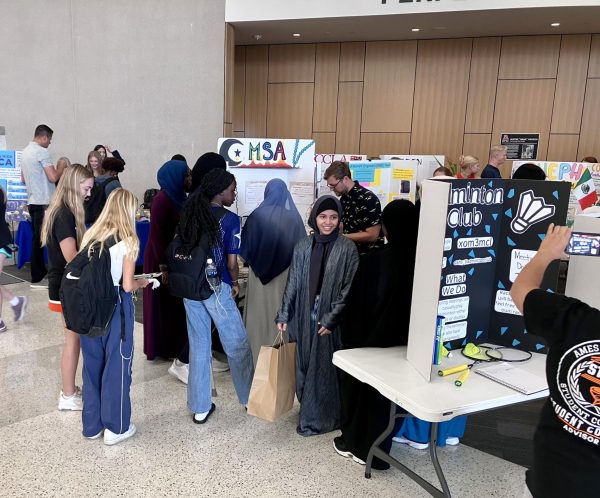
The inability of clubs to meet during school also puts the future of clubs at risk. “I feel like we’ve been treading water. We have some really passionate, amazing leaders right now who are just handcuffed by the situation. It’s hard to grow future leaders because we’re not really bringing up that next generation,” Webb said.
Baking Club has felt this in particular. Its leaders, seniors Isabel Smelser and Will Williams, have been unable to gather enough new members to continue to sustain the club with new leaders once they graduate.
“There were many hopes for the club itself but with attendance rates dropping, those goals weren’t achieved. We could try to assign people to take over, but we can’t force this on anyone if they don’t want it,” Smelser said.
Clubs are an important part of how students build community within their school. Often, clubs are crucial to creating a sense of belonging. Alex Grapp, an Ames High English teacher, sponsors SPECTRUM- Ames High’s Gender and Sexuality Alliance. SPECTRUM provides many queer students with much-needed community and support.
“For clubs like Spectrum, it’s potentially kind of life-saving for some kids, especially queer kids,” Grapp said. “It gives them that space and time to experience community and just have way less judgment in the room than during the rest of their school day.”
In compliance with recent Iowa Senate File 2435, which aims to crack-down on chronic absenteeism and went into effect for the 2024-25 school year, Ames High requires students to remain in homeroom every day of the week in order to track attendance. However, many teachers have spoken out against being forced to move meetings to either before or after school. The administration has pushed back on those complaints.
In response to the pushback, Webb adds, “Some of us would argue that attendance is not great anyways. If we provide a reason for people to be here, instead of just punishing people for not being here, maybe that would organically take care of the problem, and people would be motivated to stay.”





